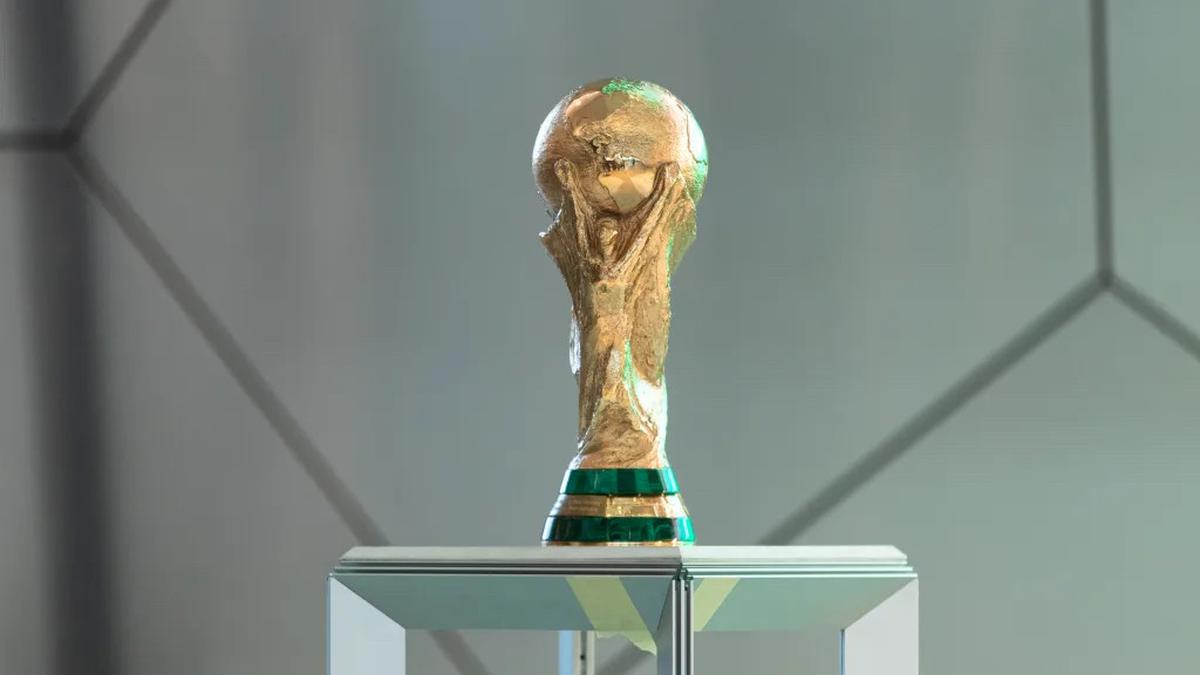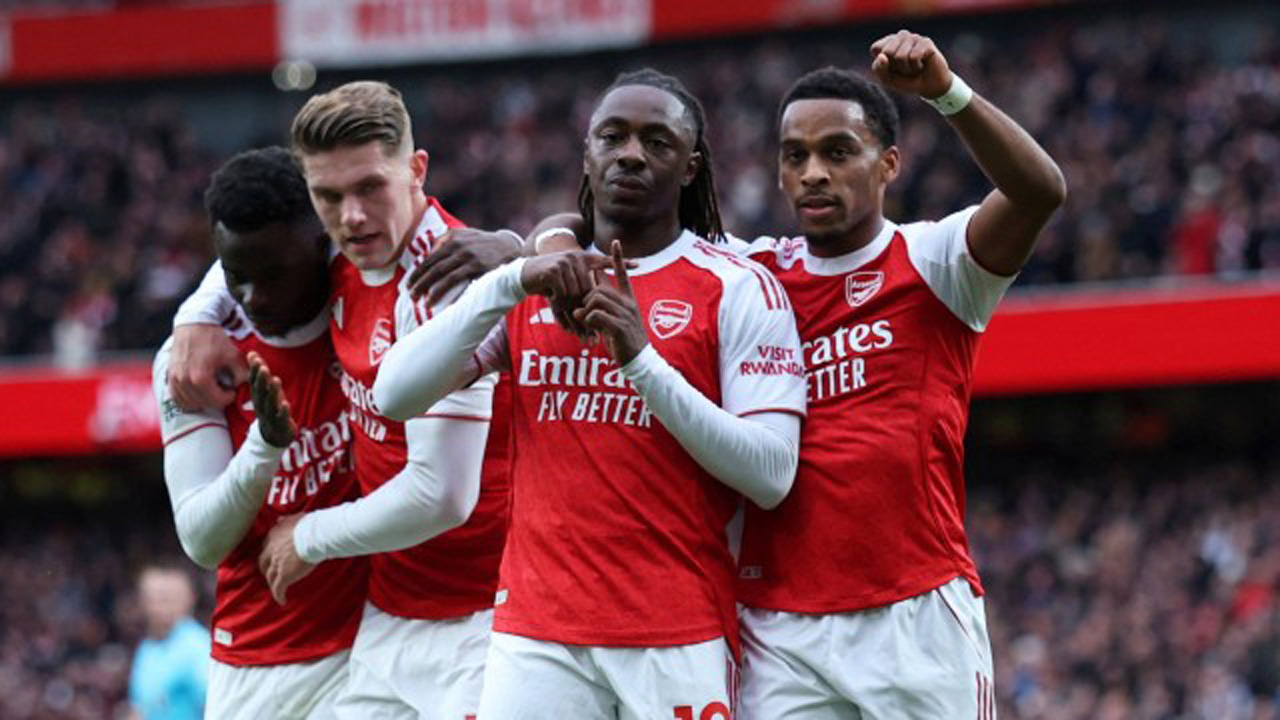3 Countries Blocked by FIFA Over Political Disputes
Bornheimer – FIFA presents itself as a neutral guardian of football. Yet, history shows that politics often disrupts the game. To protect its values, FIFA has banned countries when governments interfere or when conflicts threaten fair play. These sanctions show that football is not just about competition. It also reflects justice, independence, and equality. The organization sends a message: no government can use football as a tool for power. Moreover, these actions remind the world that the sport must remain free from political manipulation. Each ban, though painful for fans and players, reinforces the idea that football should be a stage for unity, not division. Through these decisions, FIFA defends both the credibility of the sport and the trust of millions of supporters across the globe.
“Read more: Lewis Hamilton Could Walk Away from F1 at the End of This Season!“
South Africa’s Isolation During Apartheid
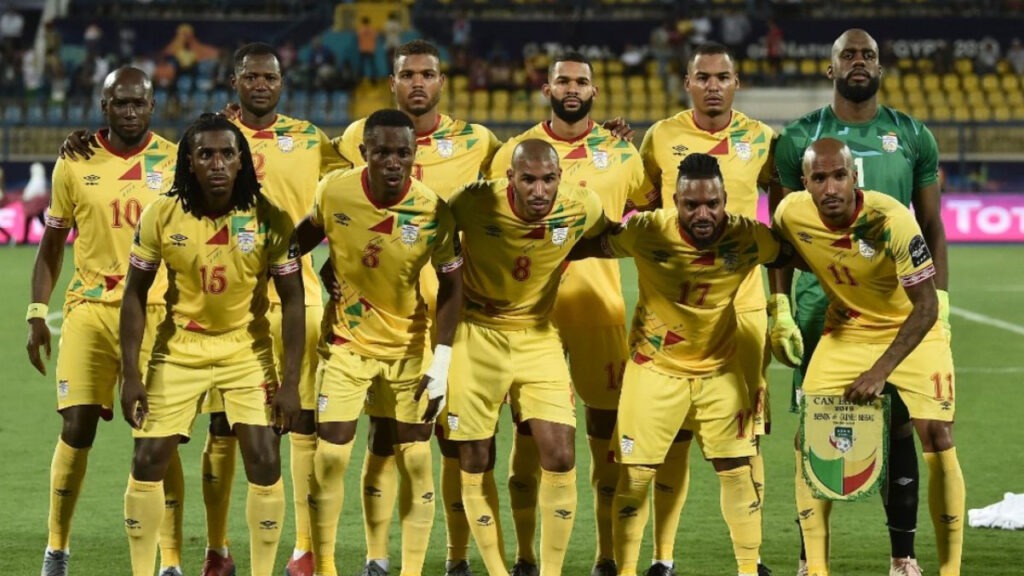
South Africa offers a powerful example of FIFA’s stance. In the 1960s, the nation faced a global boycott due to apartheid. FIFA expelled South Africa, citing racism and exclusion in sport. The decision cut the country off from international football for decades. Local players lost chances to grow, and fans were denied the thrill of global tournaments. However, the ban carried a larger meaning. It signaled global rejection of apartheid’s cruelty. As years passed, athletes and activists used football as part of the struggle for freedom. When apartheid ended in the 1990s, FIFA lifted the ban. South Africa’s return symbolized not just sporting progress but also political change. The move proved that football can reflect deeper battles for human dignity.
Yugoslavia’s Suspension Amid Civil War
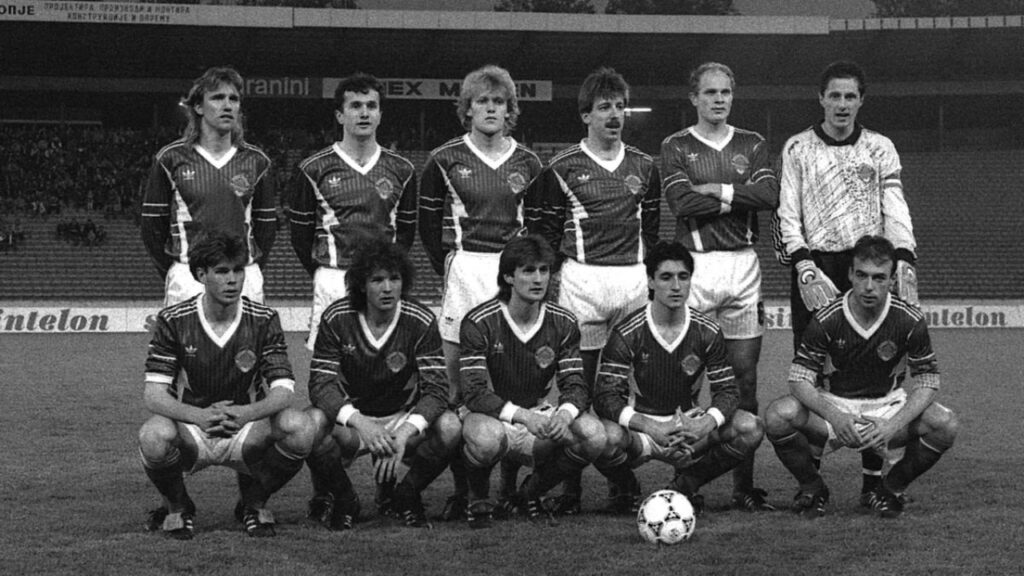
In the early 1990s, Yugoslavia fell into violent conflict. Civil war tore the nation apart, and the United Nations imposed sanctions. FIFA followed suit, suspending the country from global tournaments. Yugoslavia missed the 1992 European Championship and the 1994 World Cup. For players, this was a crushing blow. Many were at the height of their careers, yet they could not represent their homeland. Fans also suffered, watching their team disappear from the international stage. FIFA justified the ban as part of wider global efforts to isolate the warring government. The decision showed that football cannot ignore war. Allowing Yugoslavia to compete would have signaled acceptance of violence. By enforcing the suspension, FIFA underlined its role not just as a sports body, but also as a moral actor on the world stage.
Kuwait’s Struggle With Government Control
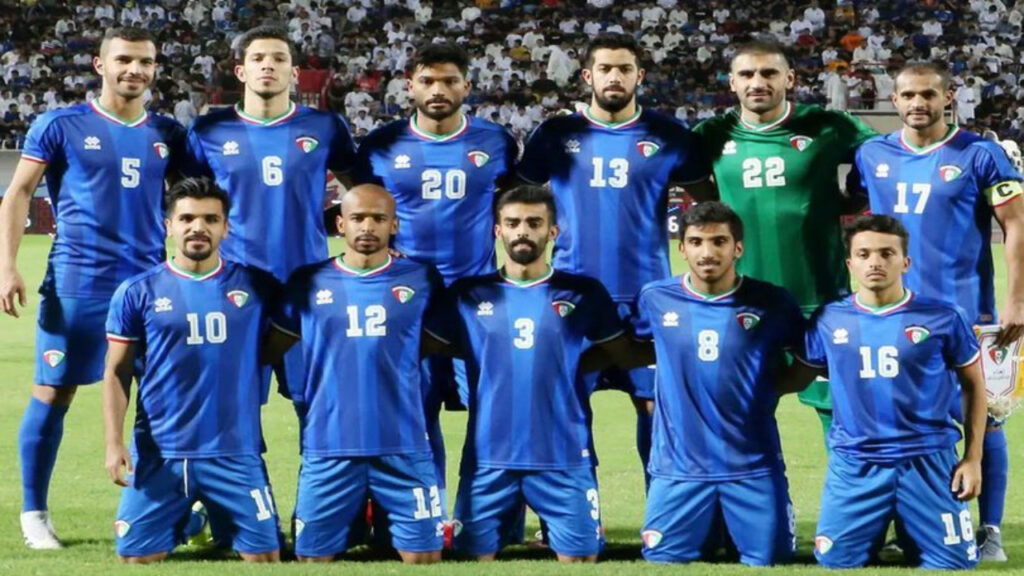
Kuwait’s case highlights another side of FIFA’s policies. The nation faced suspension in 2015 because its government interfered in football affairs. FIFA requires national federations to remain independent from political influence. In Kuwait, officials failed to respect that rule. As a result, the national team was banned from international matches, including World Cup qualifiers. The penalty affected more than just players. Clubs lost access to global tournaments, and fans lost pride in international representation. Eventually, reforms and negotiations allowed Kuwait to return. Yet the episode left a lesson for other countries. FIFA made it clear that political leaders cannot dictate how football is run. The game must belong to its athletes and associations, not to governments seeking control.
The Broader Impact of FIFA Bans
Each sanction carries consequences that reach far beyond stadiums. Generations of players lose precious opportunities. Fans see their passion dim as their teams vanish from the world stage. Nations experience further isolation, while governments face mounting pressure. FIFA’s actions show that football, though global, has rules that protect fairness. These cases also reveal that the sport is never free from wider conflicts. Instead, football often mirrors political struggles. When bans occur, they remind us that football can act as a tool for accountability. They also show that the world watches closely when politics threatens the integrity of the game.
Politics and Football Will Always Intertwine
The stories of South Africa, Yugoslavia, and Kuwait reveal the tension between politics and football. FIFA’s decisions caused heartbreak for fans and players. Yet, they also protected the sport’s credibility. Football thrives only when it stands for fairness and freedom. Political disputes will continue to test FIFA’s resolve. New conflicts may arise, pushing the organization into tough decisions. Still, the lessons remain clear. Football must stay independent, even when governments attempt to interfere. By holding firm, FIFA ensures that the world’s game remains a place where fairness, justice, and unity matter more than political ambition.
